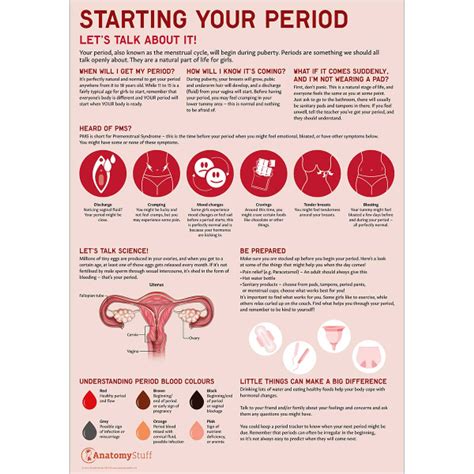How to Get Your Period: A Guide to Menstruation
Getting your period, or having your first period (menarche), is a significant milestone in a young woman's life. It marks the beginning of puberty and the ability to have children. While it's a natural process, understanding what to expect and how to manage it can ease any anxieties. This guide will cover everything you need to know about getting your period and what to do when it arrives.
Understanding Your Menstrual Cycle
Before diving into how to get your period (which you can't actively do, it happens naturally!), let's understand what it is. Your menstrual cycle is a monthly process governed by hormones. It's typically around 28 days long, but can vary from person to person. The cycle involves:
- Menstruation (Period): This is the shedding of the uterine lining, resulting in bleeding. It usually lasts 3-7 days.
- Follicular Phase: The ovaries prepare to release an egg.
- Ovulation: An egg is released from an ovary. This is when you're most fertile.
- Luteal Phase: The body prepares for a potential pregnancy. If pregnancy doesn't occur, the uterine lining is shed, starting the cycle anew.
When Will I Get My Period?
The age at which you get your first period varies greatly. Most girls get their periods between ages 10 and 16. Several factors influence this, including genetics, body weight, and overall health. If you're concerned about the timing of your first period, talking to a doctor or parent is always a good idea. There's no need for alarm if it's slightly earlier or later than average.
Signs Your Period is Approaching
While there's no way to make your period come, you can look out for these common signs it's on its way:
- Cramps: Lower abdominal pain is a frequent precursor.
- Breast Tenderness: Your breasts might feel swollen or sensitive.
- Mood Swings: Hormonal shifts can lead to irritability or emotional changes.
- Bloating: Retention of water can cause a feeling of fullness.
- Acne: Hormonal fluctuations can trigger breakouts.
Managing Your Period
Once your period arrives, it's essential to know how to manage it effectively:
Menstrual Products
You'll need menstrual products to absorb the blood flow. Common options include:
- Pads: These are absorbent pads worn inside your underwear.
- Tampons: These are inserted into the vagina to absorb blood.
- Menstrual Cups: These are small, reusable cups that collect menstrual blood.
- Menstrual Discs: Similar to cups, but larger and worn lower in the vagina.
Choosing the right product depends on your personal comfort and preferences. Experiment to find what works best for you.
Hygiene Practices
Maintaining good hygiene during your period is important:
- Change your menstrual product regularly: Follow the product's instructions for how often to change it.
- Shower or bathe regularly: This will help keep you feeling clean and fresh.
- Wear clean underwear: Change your underwear at least once a day.
When to See a Doctor
While periods are a normal part of life, consult a doctor if you experience:
- Extremely heavy bleeding: Soaking through more than one pad or tampon an hour.
- Prolonged periods: Periods lasting longer than seven days.
- Severe pain: Intense cramps that interfere with daily activities.
- Irregular periods: Inconsistent cycles that vary widely in length.
- Absence of periods: If you expect your period and it doesn't come, speak to a healthcare professional.
Getting your period is a natural and healthy process. Understanding the menstrual cycle and having the right information can help you manage your period comfortably and confidently. Remember, if you have any questions or concerns, don't hesitate to reach out to a trusted adult or healthcare provider.
